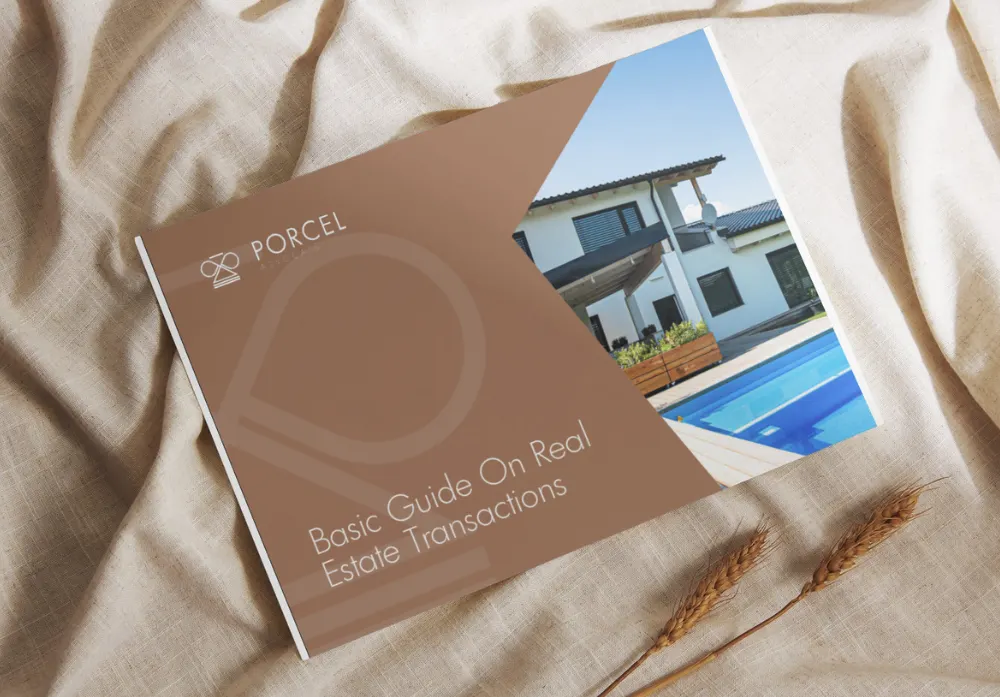If you are, or are about to be, the owner of a flat or house and you intend to rent it out for holiday use, this article can be very useful to you. Please be aware that this information is intended for general purposes, so please inquire about your particular case.
What is a tourist rental property (VUT)?
It is a property to be rented in full, directly or indirectly, to third parties, in exchange of a specific price, for periods of time equal or lesser than 31 days. It must be legalised by the relevant city council.
Please note that the rentals for longer periods are excluded from this system.

Who is the holder of the tourist rental property activity?
The owner of the property is in charge of obtaining the relevant authorisation from the local authorities, even though he can entrust the marketing and management to a third party (middleman, manager, or real estate agent).
What conditions must a property have to be granted the VUT legalisation?
- It must have the occupancy certificate, just like any other property, and it can be occupied only by the number of people stated on the certificate.
- It must comply at all times with the technical and quality requirements applicable to the homes in general.
- It must have sufficient furniture and be equipped with the appliances and utensils needed for its immediate occupation. It must also comply with all hygiene standards.
We also recommend that you check the local municipal law and the rules of the owners’ association to ensure there is no objection to a holiday rental.
What has to be done to legalise a tourist rental property?
The local city council must be informed of the start of the rental activity by entering a statement of responsibility with the following information:
- The identification data of the property and its holder.
- Availability of the occupancy certificate.
- Compliance with the requirements established by the current regulations and commitment to maintain such compliance during the period the activity will last.
When can the tourist rental activity start?
From the moment the owner has entered the statement of responsibility in the relevant city council or in the Ventanilla Única Empresarial (VUE) (One Stop Business Service). Once the property has been legalised, the city hall will inform the Registro de Turismo de Cataluña (RTC) (Catalan Register of Incoming Tourists) where they will assign a registration number (NIRC) which will be notified to the owner. This number will have to appear in all the advertisements for the rental.
If the property has been legalised in the city council and the registration is not yet available, at least the reference number of the municipal communication will have to be stated, which will be replaced by the NIRC whenever this is notified to the owner.
Why is it convenient to legalise the tourist rental property?
Because this activity must be performed on legal grounds. A legalised property fosters a better placement in the market due to the promotion policies and rating capabilities.
A legalised property benefits from the broadcasting and promotion by means of the Guía oficial de alojamientos turísticos (Official guide of tourist accommodation) and the tourist promotion of Catalonia website.

What happens if the tourist rental property is not legalised?
The activity will be considered illegal. The owner runs the risk of being fined by the city council or the Government of Catalonia. Failing to legalise this activity implies an effective loss of competitivity as well as an unfair competition towards those properties that have been legalised.
Please bear in mind that the fines are very high.
Which are the obligations of an owner of a tourist rental property?
- Provide the city council, users and neighbours with a telephone number to address and solve immediately any queries and incidents regarding the tourist rental property activities.
- Ensure a care and maintenance service of the property.
- Require the transferee to leave the property in case of failure to comply with the basic inhouse rules or the municipal regulations in force.
- Forward to the Direcció General de la Policía (Police General Headquarters) the information related to the paying guests staying in the property, in accordance with the citizen security regulations. Besides, in the case of Catalonia, at the onset of the activity you will have to register your property at the Mossos d’Esquadra police station.
Collect the tourist tax (IEET). This means that the tenants must compulsorily pay this tax at the end of their stay, in exchange of the relevant invoice issued by the owner. In due time the owner will have to submit the settlement before the Agencia Tributaria de Cataluña (Catalan Tax Office).
Submit your personal income tax statement, either as a resident or as a non-resident. If you wish us to help you in this matter, please ask for an appointment at Porcel Advocats.
For more complete information, please enter here which is our official source for this article.
Our office can also help you with your tax statement. Here you can check the tax statement calendar and get further information.


